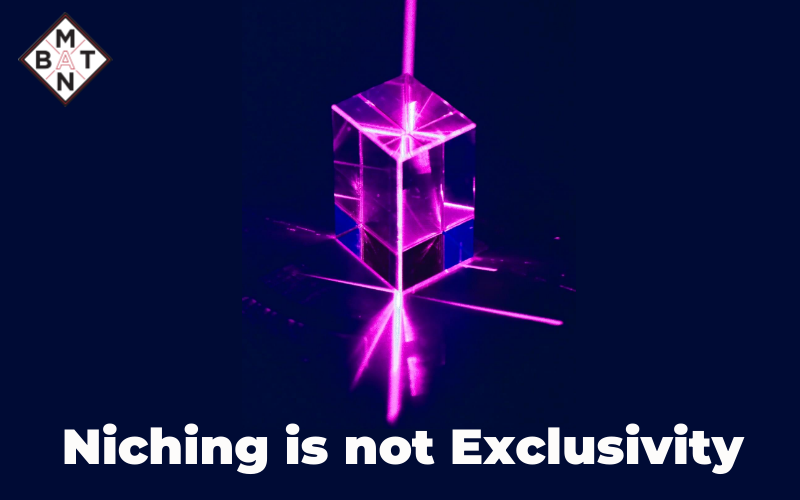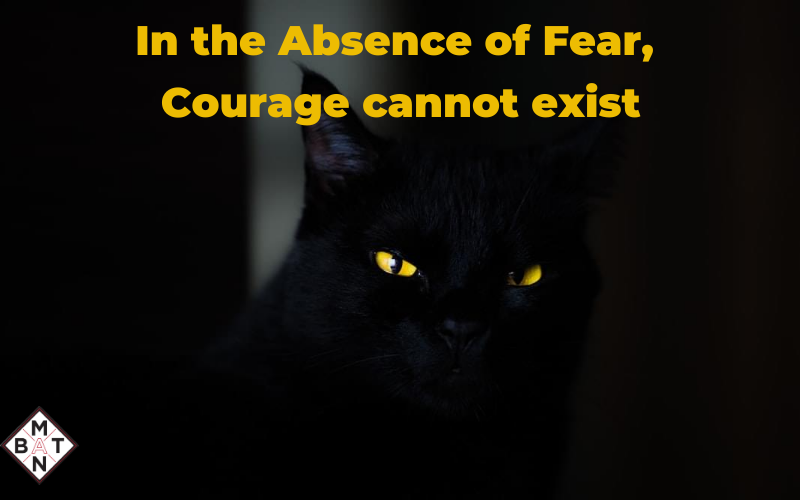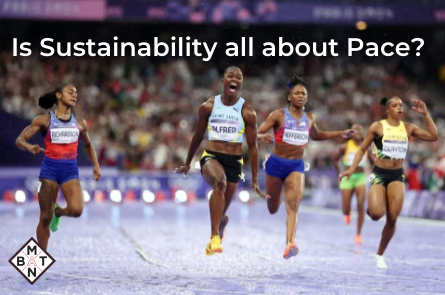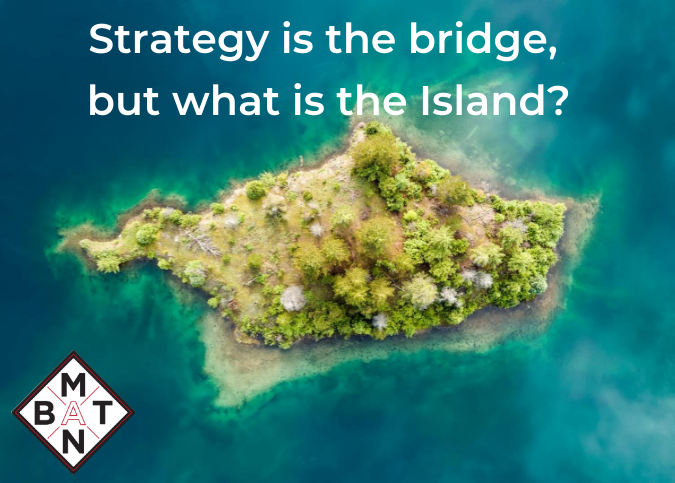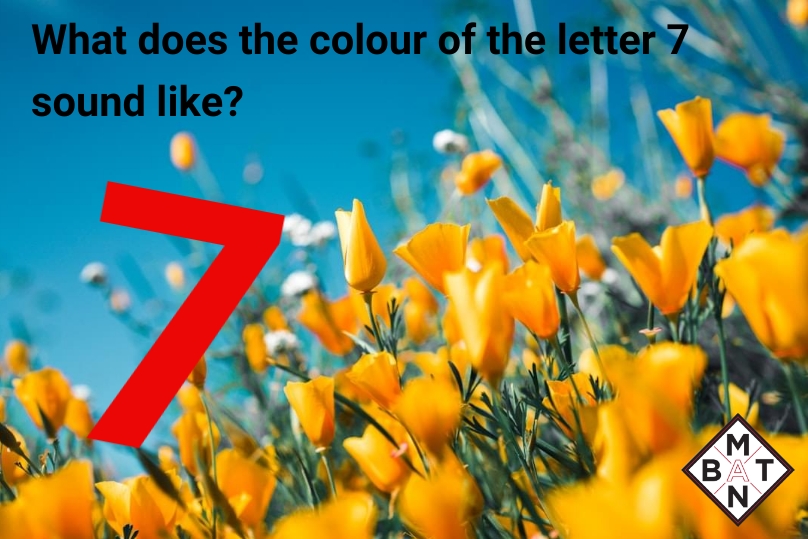Defining Your Story Anchor
By Bruce Wade
Every good story needs a solid anchor, an anchor that will allow the listener to find that experiential hook within their own lives to begin to relate to the rest of the story.
A lot of people I get to meet will launch into a story of their own without any consideration for the people who have to endure the long drawl of facts and personal accounts. These stories, similar to having to watch someone else’s holiday pics, are boring, unrelated and downright annoying.
Before telling any story, do two things: Know the end game and find an anchor.
Know the end game by defining the desired outcome of the story. What is the point of it all? What outcome do you want to have happened? What emotion do you want to evoke? If these are all positive, then continue.
Find your anchor by creating experiential hooks within the minds of your audience. This is a similar or familiar fact or emotion that is common to all. Once you have established this anchor, then the rest of the story, no matter how out there can still be related with by your listener. Failing to do this is as good as shouting into the wind during a storm, no one hears, and no one cares.
A well-anchored story will hold the attention of those destined to listen and will assist in getting your audience to arrive safely, without getting lost, at the determined destination.


